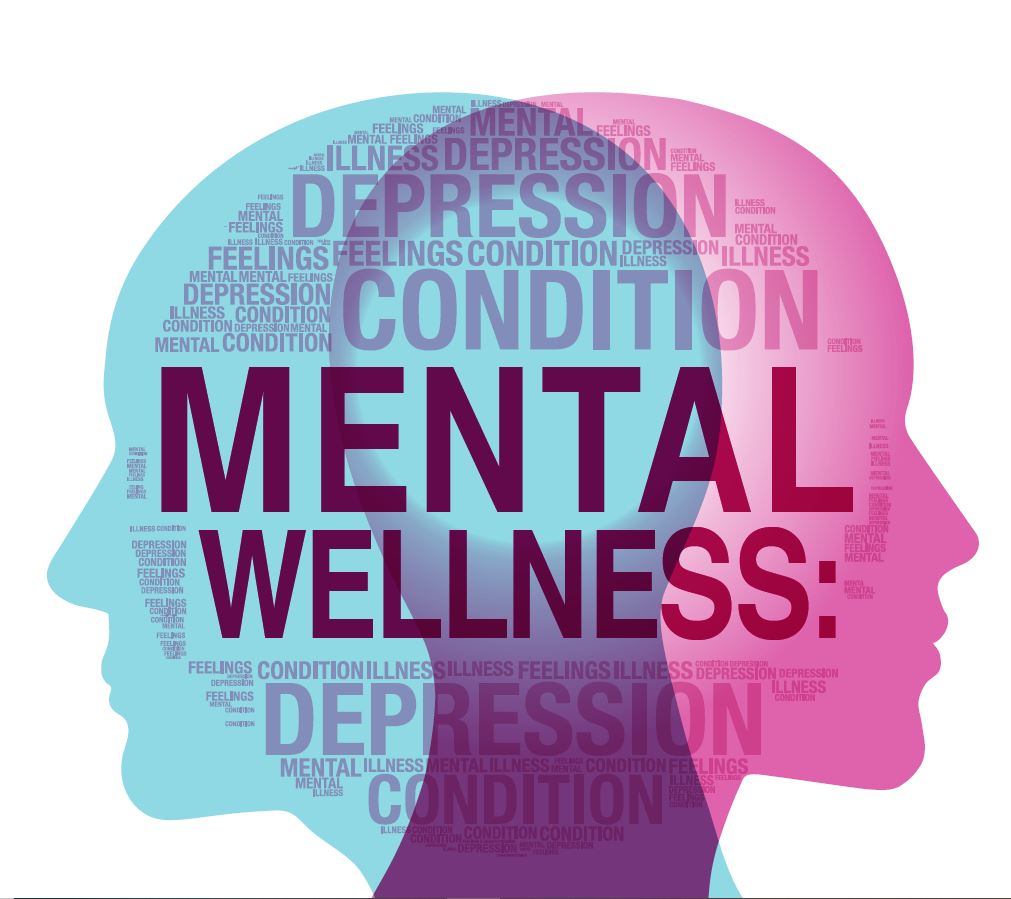Reliable Mental Health Services: Solutions for Every Scenario
Reliable Mental Health Services: Solutions for Every Scenario
Blog Article
Understanding the Influence of Exercise on Mental Wellness and Total Health
In the realm of mental health and total wellness, the significance of workout is a diverse subject that warrants exploration. Beyond its physical benefits, the impact of exercise on one's mental health has been a topic of growing rate of interest and study. The elaborate interaction between exercise and mental wellness reveals a spectrum of positive results that prolong far beyond the boundaries of a health club or a running track. As we browse with the intricacies of this connection, a much deeper understanding of just how workout influences our mindset and total health arises, clarifying the profound effects it holds for our lives and long-lasting health and wellness.
Benefits of Exercise on Mental Wellness

Routine physical workout has actually been revealed to substantially improve psychological health results in people of any ages. Participating in regular exercise not only advantages physical wellness but likewise plays a vital role in improving psychological health and wellness. One of the primary advantages of workout is its capacity to lower signs and symptoms of anxiety and anxiety. Exercise boosts the release of endorphins, also called the "feel-good" hormones, which can help alleviate sensations of tension and improve mood.
Moreover, exercise has actually been linked to improved cognitive function and overall brain wellness. Additionally, workout promotes better rest patterns, which are essential for preserving good psychological health and wellness.
Link Between Exercise and Anxiety
Workout serves as a potent mechanism for easing tension and advertising psychological health by promoting the release of endorphins and promoting a sense of leisure and rejuvenation. Exercise advertises the production of endorphins, commonly referred to as the body's all-natural painkillers, which act as mood elevators and tension reducers.
Taking part in physical activity likewise uses a diversion from day-to-day stressors, allowing people to concentrate on the here and now minute instead of ruminating on sources of stress. In addition, workout can improve self-worth and confidence, providing a feeling of accomplishment and control that can fight sensations of helplessness often related to stress. By including exercise into a regular regimen, people can properly take care of stress degrees, leading to enhanced mental health and total lifestyle.
Effect of Workout on State Of Mind
Participating in physical task has been shown to considerably influence one's state of mind and emotional well-being. The connection in between exercise and mood is well-documented, with various studies highlighting the favorable effects of physical task on psychological health. When we engage in exercise, our bodies launch endorphins, generally called "feel-good" hormones, which can help ease sensations of tension, anxiety, and clinical depression. Furthermore, routine workout can bring about improved self-confidence and a sense of success, which can additionally enhance one's overall mood.
Moreover, the impact of exercise on state of mind expands beyond simply the prompt post-workout period. Study recommends that people that keep a regular workout routine are most likely to experience long-lasting improvements in their state of mind and emotional state. This can be associated to the structural changes in the mind that occur as a result of normal exercise, such as boosted connection between brain regions responsible for controling emotions.
Exercise and Cognitive Function
Numerous studies have actually shown the substantial influence of physical activity on cognitive function, highlighting the complex relationship between exercise and psychological processes. Engaging in routine workout has been shown to improve numerous aspects of cognitive feature, consisting of memory, interest span, analytical skills, and total mental Get More Info acuity.
Moreover, constant physical activity has actually been connected to a decreased risk of cognitive decline and neurodegenerative conditions such as Alzheimer's. Researches suggest that people who maintain an active way of living throughout their lives experience slower prices of cognitive decline contrasted to those that are inactive. In general, the evidence overwhelmingly sustains the idea that normal exercise is not only beneficial for physical wellness however also plays a vital function in preserving and boosting cognitive feature.
Techniques for Integrating Exercise
Adopting an organized approach to incorporating exercise right into daily routines can substantially enhance the likelihood of maintaining a regular workout program. One efficient approach is to set certain, attainable objectives. These objectives should be practical and tailored to specific capacities to avoid sensations of failing and make certain inspiration. In addition, integrating exercise right into existing routines, such as strolling or cycling to function, taking the stairways as opposed to the elevator, or organizing regular exercise sessions, can assist make physical activity a habitual part of life.
Another helpful technique is to discover activities that are enjoyable. Whether it's dancing, yoga exercise, swimming, or cycling, taking part in tasks that bring enjoyment increases the opportunities of sticking with the workout routine over time. Moreover, differing the types of workouts and reserving time for both strength-training and cardiovascular activities can prevent monotony and give a holistic approach to physical health and fitness.
Including workout right into social activities, such as signing up with a sports group or exercise team, can additionally promote a sense of community support and accountability, making it much easier to stay committed to normal workout. By executing these strategies, individuals can produce a lasting and meeting exercise regimen that promotes mental health and wellness and general wellness.
Conclusion
In final why not try this out thought, exercise has many advantages for mental wellness and overall health. By comprehending the effect of workout on mental wellness, people can take proactive steps to prioritize their physical activity and enjoy the favorable impacts on Homepage their psychological and mental state.

Report this page